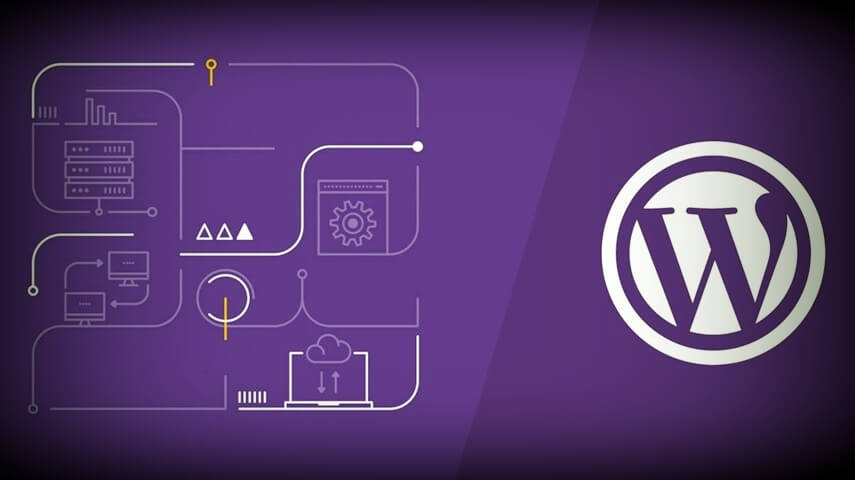As your company grows, so does the traffic to your website or online applications. In some cases, cloud servers or shared hosting may no longer meet your needs, and a dedicated server hosting may be the ideal solution.
What is Dedicated Server?
A dedicated server is a physical server that offers maximum performance and security to users. A variety of options, including RAM, network features, security, hard drives, memory spaces, and processors, can be adjusted during setup.
Simply put, it is a computer on which your website data is stored.
You have authority not only over your hardware, but also over your software. You’re the server’s boss.
You are free to use whatever operating systems, technologies, or frameworks you want. This is ideal for those who want to create their own server.
Dedicated Server Hosting
Whether you keep a blog for personal reasons or as an addition to your business website, selecting the right hosting plan is critical. Web hosting for blogs is often overlooked, but choosing an inadequate solution can leave your site vulnerable to hackers and downtime.
Fortunately, dedicated server hosting provides an effective solution. There are numerous reasons to consider hosting your blog on a dedicated server in order to get the most out of each new post, as outlined below:
Enhance Your Digital Security
Improved security is one of the most significant benefits of having a dedicated hosting plan, especially when compared to shared or cloud-based hosting plans. Whatever the purpose of your blog, the last thing you want is for a hacker to gain access and start posting on your behalf. This could harm your reputation as a blogger, and if your blog is related to your business, it could even harm your bottom line.
With a dedicated hosting plan, you can keep your blog and its content safe and secure, giving you extra peace of mind.
Prevent Devastating Downtime
Unexpected downtime is not only inconvenient, but it can also harm your reputation as a blogger. When users visit your website to read your blog, they are likely to be frustrated if they encounter a server error. As a result, some of your regular readers may decide not to return to your website.
Switching to dedicated server hosting ensures that your blog is always hosted on the most dependable servers. As a result, you can avoid downtime and ensure your readers return for more.
Enjoy Simple Scalability
Dedicated hosting plans are easy to customize by definition, making them ideal for scaling as your reader base grows and your needs change. For example, if you require more bandwidth to accommodate a growing readership, you can make the necessary changes to your account and keep things running smoothly.
The same cannot be said for a shared or cloud hosting plan. Instead, you may be forced to stay with your current account settings for months or pay a fee to make changes.
Improve Your Search Engine Optimization (SEO)
Your blog’s success is dependent (at least in part) on its search engine rankings. If you want to boost your search engine optimization (SEO) efforts, switching to a dedicated server is one of the simplest and most effective things you can do. This is because dedicated hosting provides greater reliability and lower latency, which has a direct impact on your search engine rankings.
Improve Page Load Times
Speaking of speed, you must ensure that your blog and all of its images, graphics, and videos load quickly and smoothly for your readers. This will keep them returning for more every time you publish a new post. A dedicated server is the best way to improve page loading speeds because all related resources will be dedicated to your account.
Choosing a dedicated server necessitates some thought and consideration:
What kind of website do you have? What kind of business do you want to start? How much access does it have? Is this going to be my life’s work?
No worries if you still believe it is not time to invest in a dedicated server. You can start small with a web host, shared hosting, or a VPS if you need something a little “bigger.”





